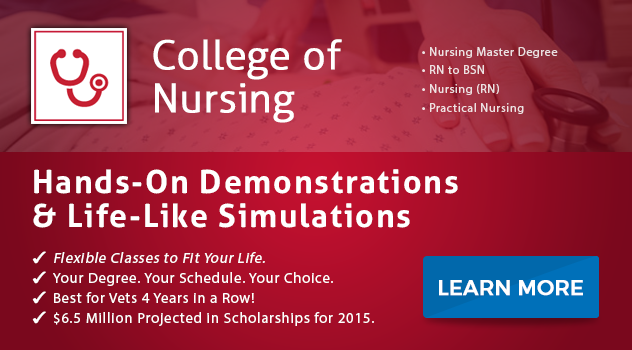How to Become a Nurse Educator
Turning today’s student nurses into tomorrow’s finest practitioners requires skill, knowledge, and dedication. As a nurse educator, you will have the opportunity to shape the minds of some of the brightest and most passionate individuals. This role plays an important part in producing quality nursing staff for the nation's expansive healthcare sector.
Becoming a nursing educator begins with a healthy nursing experience and a master’s degree in nursing. Your responsibility is to teach the nursing curriculum in colleges and nursing schools. In some cases, you may conduct lessons in medical and public settings. Such as refresher courses for nurses or introducing hospital staff to a new method of care. The role typically entails supervising students during clinical experiences and providing guidance to public and health professionals on various nursing topics.
You may be required to develop and introduce curricula that satisfy specific course requirements. Several years of clinical nursing experience will make it easy to handle these tasks competently. Some of the nursing schools and universities prefer teachers with nurse educator specialization. That ensures you are not only a competent nurse but a competent educator as well.
When working in clinical settings, you can be tasked to design educational programs for nursing staff. The programs take into account varying skill levels to provide relevant content. It is common for nursing educators working in these settings to develop and manage budgets in addition to securing funding.
College nursing departments typically provide job opportunities for both teaching and clinical faculty members. Teaching faculty educates students in classroom settings covering topics like pharmacology and medical terminology. It is also common for nurse educators to provide online course instruction. Clinical faculty supervises and evaluates students in clinical settings like hospitals and other healthcare facilities.
Educational Requirements for Nurse Educators
While nurses can work at a university or nursing school with a variety of degrees, if a nurse believes they want to work as a nurse education, they can prepare themselves for this specific career. Earning a graduate degree and focusing in nursing education will show potential employers that the nurse is both a dedicated nurse and teacher, who has had experience in hospital rooms and classrooms.
Because nursing experience is so valuable to teaching, it’s important that those interested in becoming nurse educators work in the nursing field. This can make the nurse educator not just a more experienced nurse, but a better teacher. As a student, imagine the difference between your instructor reading out of your textbook and then an instructor who can give you an example of something that really happened when they were working as a nurse. One is definitely more compelling than the other.
Licensing and certification requirements
As a qualified nurse educator, you need to obtain a state license to become eligible for a career in the field. In addition, there are certifications that are applicable to the profession. The Certified Nurse Educator (CNE) is a credential designed to provide a practical way to verify your skills. The certification is issued by the National League for Nursing (NLN).
The CNE curriculum prepares you for the examination by covering various key topics. These include advisement, teaching, curriculum design, and evaluation. The CNE certification program is based on a wide variety of practice standards and competencies defined by the NLN and the American Association of Colleges of Nursing (AACN). The credential underscores and bolsters the role of education as an advanced practice area in nursing.
To pass the examination, you need to demonstrate knowledge of the following:
- Classroom organization
- Teaching practices
- Student assessment methods
- Clinical nursing trends
- Leadership skills
- Nurse educator responsibilities
The credential is valid for up to five years and can be renewed by retaking the exam or providing proof of continuing education.
Are you interested in becoming a nurse educator? If you want to earn your Master of Science in Nursing and help guide the next generation of nurses, consider ECPI University for the education you’ll need. For more information, connect with a friendly admissions advisor today.
It could be the Best Decision You Ever Make!
DISCLAIMER – ECPI University makes no claim, warranty, or guarantee as to actual employability or earning potential to current, past or future students or graduates of any educational program we offer. The ECPI University website is published for informational purposes only. Every effort is made to ensure the accuracy of information contained on the ECPI.edu domain; however, no warranty of accuracy is made. No contractual rights, either expressed or implied, are created by its content.
Gainful Employment Information – Master of Science in Nursing
For more information about ECPI University or any of our programs click here: http://www.ecpi.edu/ or http://ow.ly/Ca1ya.




